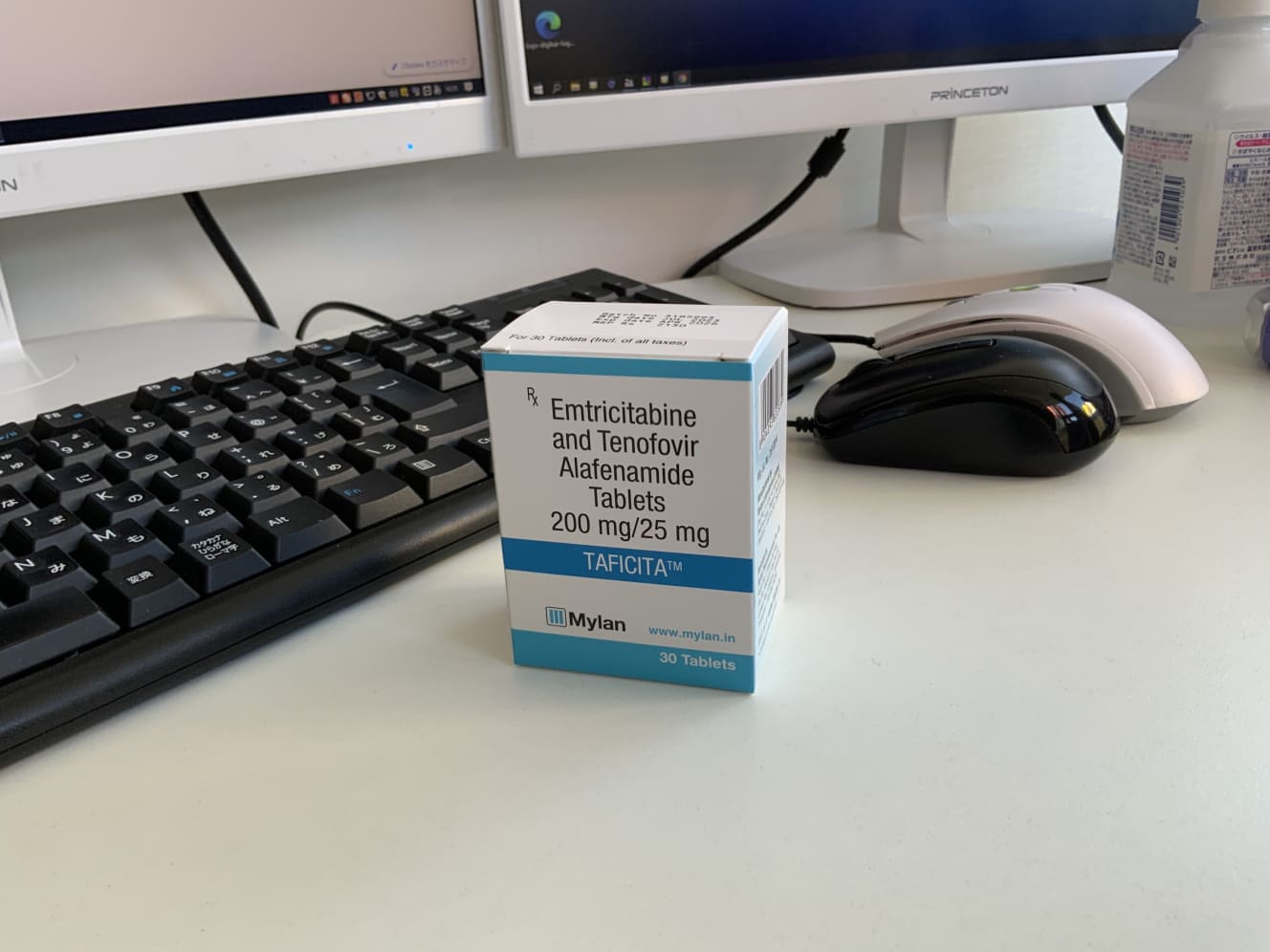The number of infected people is increasing again! How to avoid the “imminent AIDS crisis” that is hitting Japan in Reiwa, 2025?

Perhaps it is the impact of the dramatic increase in ephemeral encounters since the COVID-19 crisis dawned, matching apps have taken root, and daddy-dating has become rampant, but the number of cases of sexually transmitted diseases has increased dramatically. In addition to syphilis, gonorrhea, and chlamydia, the spread of HIV, which became a social problem in the 1990s, is causing concern among medical professionals.
Dr. Obayashi, director of the Shinjuku Higashiguchi Primary Care Clinic, which provides treatment at a hospital in front of Kabukicho in Shinjuku, warns, “The situation is unpredictable.
According to the “Research for Improvement of the HIV Testing System and Effective Recommendation of HIV Testing: Summary Report for Fiscal Year Reiwa 2023,” the number of HIV tests conducted in 2010 was 42,805 and the number of positive HIV tests was 72, while last year the number of tests was 63,120 and the number of positive HIV tests was 116, a significant increase in one year. The number of HIV tests conducted in 2010 was 42,805, and the number of positive HIV tests was 72.
–What is the cause of the increase?
One reason for the increase is that the coughing up of the new coronavirus has disappeared and more people are going to medical institutions for testing. Another reason is that it has become dramatically easier for people to meet each other, such as through dating apps and contact with inbound customers. Incidentally, HIV is an acronym for “Human Immunodeficiency Virus,” and AIDS refers to a disease in which the immune system is unable to maintain its functions, which is caused by the HIV virus. AIDS makes a person susceptible to various diseases such as pneumonia and tuberculosis. In other words, HIV is the name of the virus and AIDS is the name of the disease.
–Is it inevitable that AIDS will lead to death?
To be precise, it is not AIDS itself that causes death, but the mechanism is that people contract other diseases and die as a result of the weakened immune system caused by the symptoms of AIDS. Although HIV infection can be life-threatening, treatments and medications have advanced since the 1990s. It used to be portrayed as a disease that would destroy mankind, but that is no longer the case.
There is no need to fear it more than necessary, but even today it is an incurable disease that can only be prevented or controlled. Once you are HIV positive, you have to take medication for the rest of your life. Sex is also greatly restricted. It is important to have a sound knowledge of the disease and deal with it.

–How can it be prevented?
The most common route of infection is through blood. Therefore, it is important to know how to prevent the spread of HIV. For example, it is safe to eat grilled meat or poke in a pot with an HIV-infected person. It is not transmitted by mosquitoes, nor is it transmitted by saliva. Once outside the body, the HIV virus cannot survive for long. It is also susceptible to disinfection; having sex with an HIV-positive person is not always contagious. It is that contagious, so there is no need to be overly fearful.”

There is no doubt that the highest risk of infection is sexual intercourse. What should be avoided?
In order of highest risk of infection, the following sexual activities should be avoided: anal sex (receiving), anal sex (inserting), vaginal intercourse (female), vaginal intercourse (male), and oral sex (both male and female). The misconception that male homosexuals are at high risk of contracting the disease was once widespread, but it is not because homosexuals are at high risk, but because anal sex can easily damage the intestinal wall.
–What are the symptoms of infection?
Symptoms similar to those of influenza, such as fever and joint pain, may occur. However, there are cases in which there are no symptoms at all. The trouble with HIV is that it is difficult to detect infection. The scary thing about this disease is that it can take around 10 years to develop AIDS.
In any case, you should only have sexual intercourse with a person whose identity you can trust. This is the most important thing. If you have sex that makes you uncomfortable – there are now advances in prophylaxis. If you start taking prophylaxis within 72 hours of the act and continue for 28 days, it is almost 100% effective. Many people who think ‘I might be ……’ are relieved when they test negative for syphilis or chlamydia alone, but under these circumstances, I urge them to also test for HIV.”
–What if I’m infected?
If you are infected, please see a medical specialist and follow his or her advice. There is still a lot of misinformation out there, so self-judgment and amateur judgment are dangerous. Correct knowledge and information are very important for this disease. If you take medicine, you can control the progression of symptoms and lead a normal life. Stay calm and deal with the situation.”
HIV-AIDS is no longer an unknown, deadly disease, thanks to advances in medical care. However, it has also become more familiar.
It is important to remember that only you can protect yourself.
Photography and text by: Miyu Kurusu
Miyu Kurusu is a freelance writer. Her main areas of expertise include humanities, social issues, and subcultures, and she is active in reporting and writing articles for magazines, newspapers, the Internet, and other media. She is the author of numerous books.
Interviewing and Photographing Cooperation: Shinjuku Higashiguchi Primary Care Clinic
Shinjuku Pandora Building 6F, 3-23-12 Shinjuku, Shinjuku-ku, Tokyo
03-3226-7777 (weekdays 18:00-22:00
)
Saturdays, Sundays, and holidays 14:00-20:30)
URL: https://shinjuku.clinic/